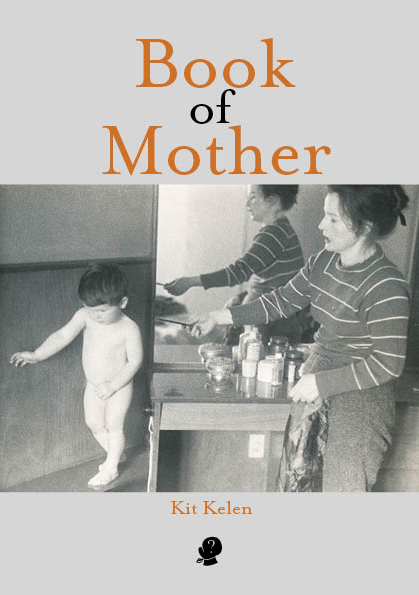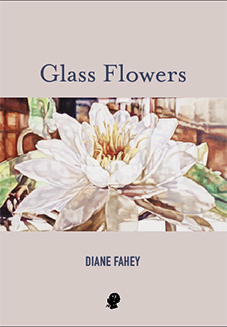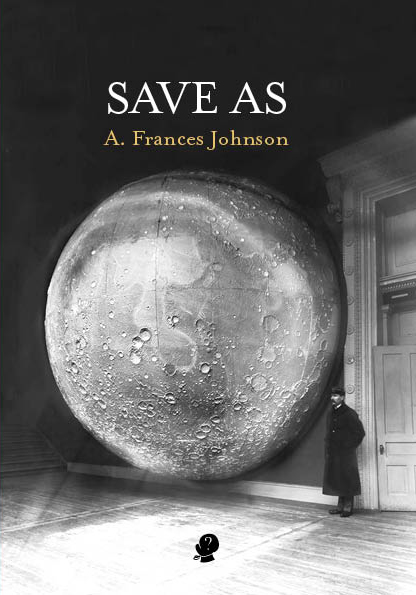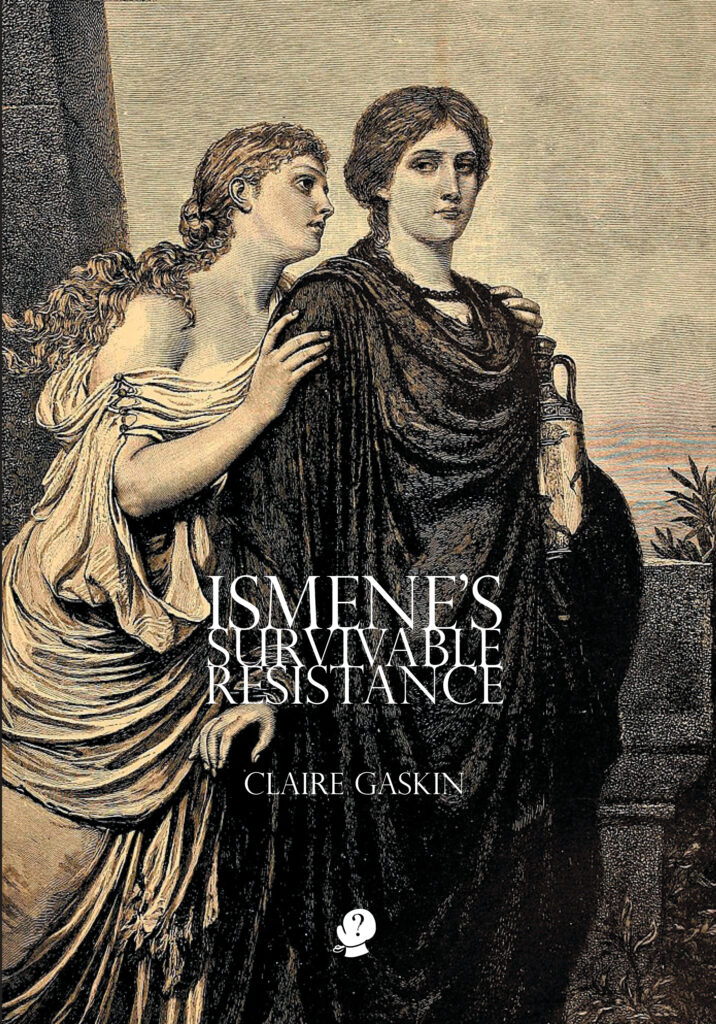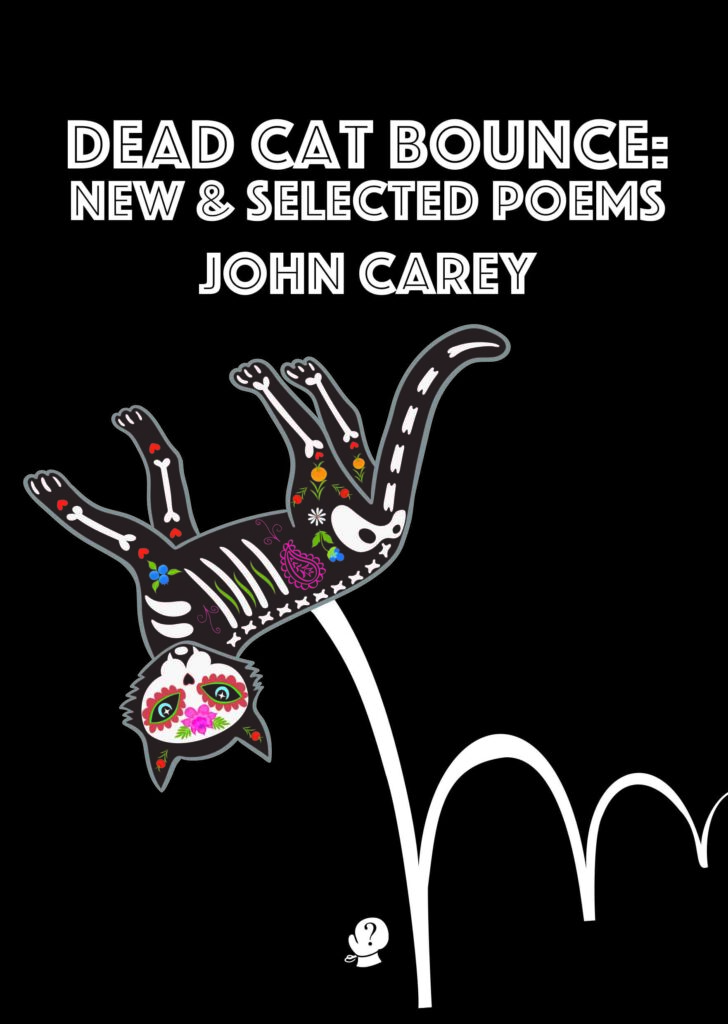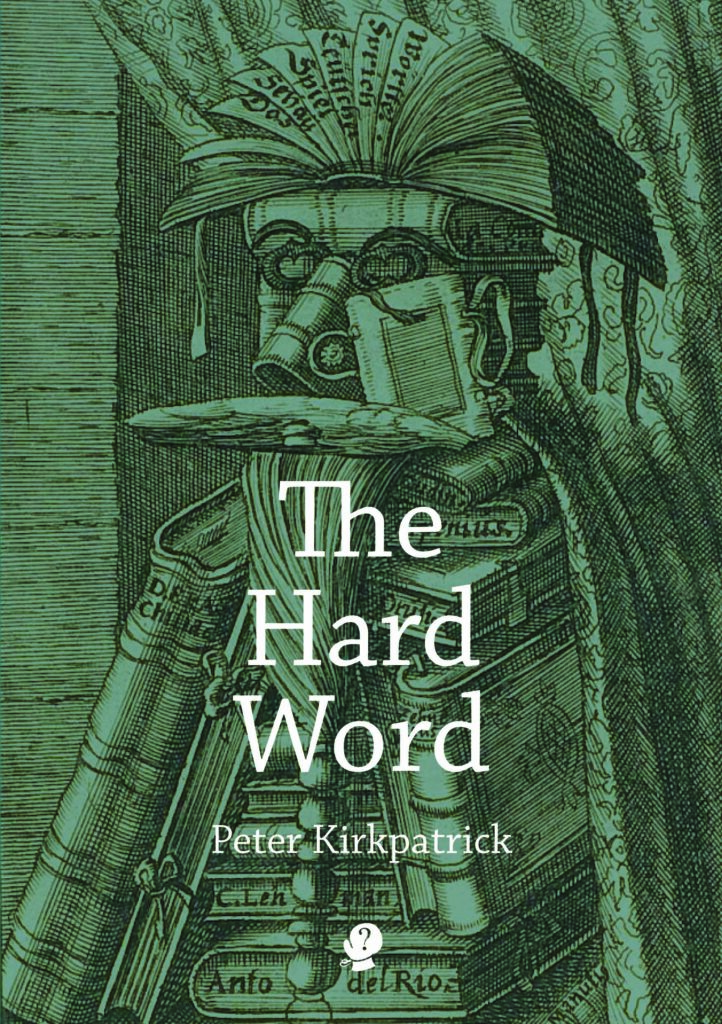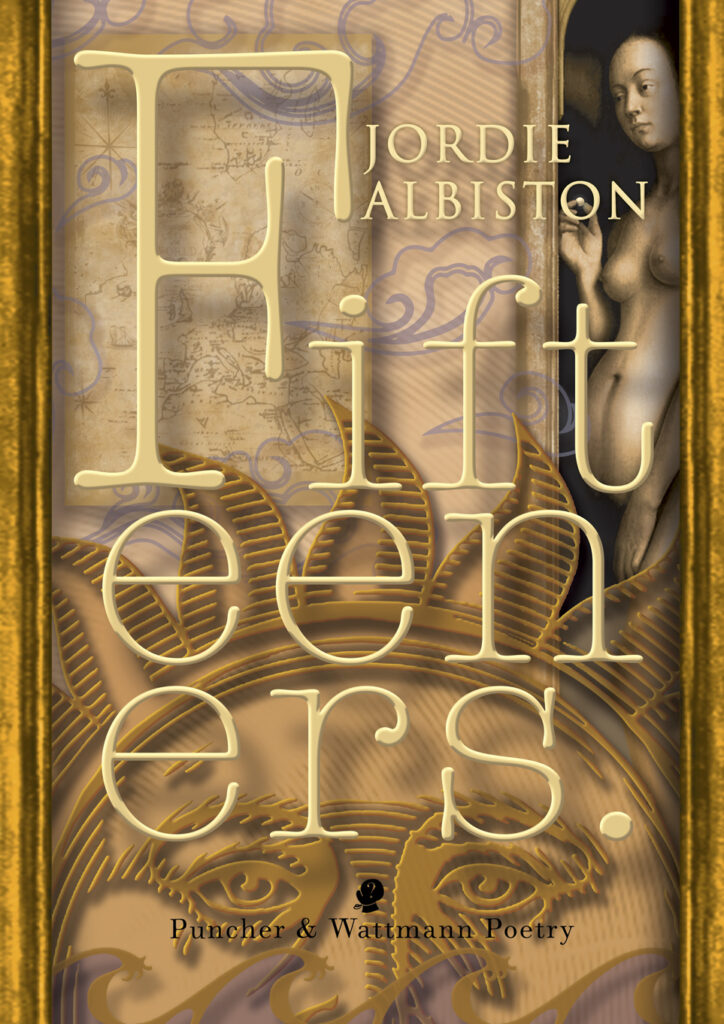Book of Mother is an exploration of mother/son relationship and of language and consciousness (as these are entered and left). This book is an intimate encounter with dementia as lived experience. Words are an important way into the world and when we begin to lose them we find ourselves with fewer tools and fewer familiar signs to go by. Phrases lost and tip-of-the-tongue half-forgettings – loose threads like these belong to the everyday business of knowing who we are. They are also the nuts and bolts of Kit Kelen’s poetry.
Spirit Level
Geologists and archaeologists use spirit level tools to locate elusive horizontal levels in ground or rock. Similarly, the poems in Spirit Level search for the tenuous points of balance between memory and lived terrain – between past and present lives, between grief and moments of enlightenment. Conscious of the constructed and fragmentary nature of remembering, this poetry forges connecting threads between how we live in the now, and how we create meaning from past histories and experience.
Glass Flowers
In Glass Flowers, Diane Fahey explores many kinds of space – the enclosed spaces of rooms, art galleries, hospital wards, prehistoric caves, the airy, flowing spaces of gardens, and the sky’s infinite life. Her intense engagement with the natural world moves in new directions, ‘as we approach the summer years’. While some poems convey the freedom of the present moment – imaged by the long glide of a kelp gull, ‘a yielding, shaping gesture’ – others invoke the uncanny, as in ‘Unearthly’ where clouds at sunset, photographed from a space station, send out into space ‘thousand-mile shadows / cutting through that cold radiance, / probing the void.’ Fahey also directs her gaze at various kinds of creativity – in particular, paintings that explore the inner life of rooms, and self-portraits built from ‘coils and surges of / colour incarnate’.
It Seems that I’m Depressed
Inheritance
A survivor’s exploration of diaspora, refuge, and power, Inheritance is at times a celebration, at times a lamentation – an examination of ecology, migration, climate and wonder in the human, and more-than-human, historic, present, familial and sacred worlds. Incantatory and elegiac, fable and devotional, these poems are witnesses to displacement and survival.
Nellie Le Beau is the winner of the 2020 Puncher & Wattmann Prize for a First Book of Poetry. A Wheeler Centre Fellow, her poetry has been shortlisted for the Val Vallis Award and the Fair Australia Prize. Her writing has been translated into Arabic, French, and Spanish.
Save As
Ismene’s Survivable Resistance
In this fourth major poetry collection, Claire Gaskin re-envisions the myth of Antigone by focusing on her sister Ismene. Assuming the voice of a contemporary Ismene, she asks us to consider what survivable resistance might look like for those who live on after tragedy? What kind of avenues are available to resist autocratic and patriarchal structures of power? How might we imagine a future that is different to our past and instigate real change at both a personal and public level?
Dead Cat Bounce: New and Selected Poems
John Carey possesses a wicked, intelligent sense of humour and a deft feel for the play of language. His poetry is a finely calibrated device for detecting and skewering absurdity, cant, hypocrisy, humbug, mendacity, and institutional cruelty. Underlying the fun is the humanist’s lament that we should and could be better than this. Though overshadowed by his satires, this New and Selected also contains lyrical and personal poems which are acutely affecting.
— Brook Emery
John Carey writes a richly communal poetry, full of glimpses of the absurdity of our social lives. These poems are both playful and wise, moving from a surprising hilarity to a compassionate seriousness
that re-envisions our world, until we see it with fresh eyes. Dead Cat Bounce includes all of Carey’s most memorable work—poems to be savoured, shared and treasured.
— Andy Kissane
The Hard Word
The Hard Word wittily reflects on the stuff of words and what can be done with them, or to them, their uses and abuses – especially on the subject of love, perhaps the hardest word of all.
Fifteeners
The sonnet is a classic lyric form that has beguiled and perplexed poets for over seven hundred years. In this, her thirteenth collection, Jordie Albiston re-invents the sonnet structure, trading meter for syllabics, and employing fifteen lines in lieu of the traditional fourteen. Themes of destruction and loss, hope and wonder, and the pressing fate of an unstable world, are coded like enduring questions into the machinery of these extraordinary poems.
Listen to audio of Jordie reading selections from this book. http://auspoetaudio.szikla.com/jordie_albiston/

